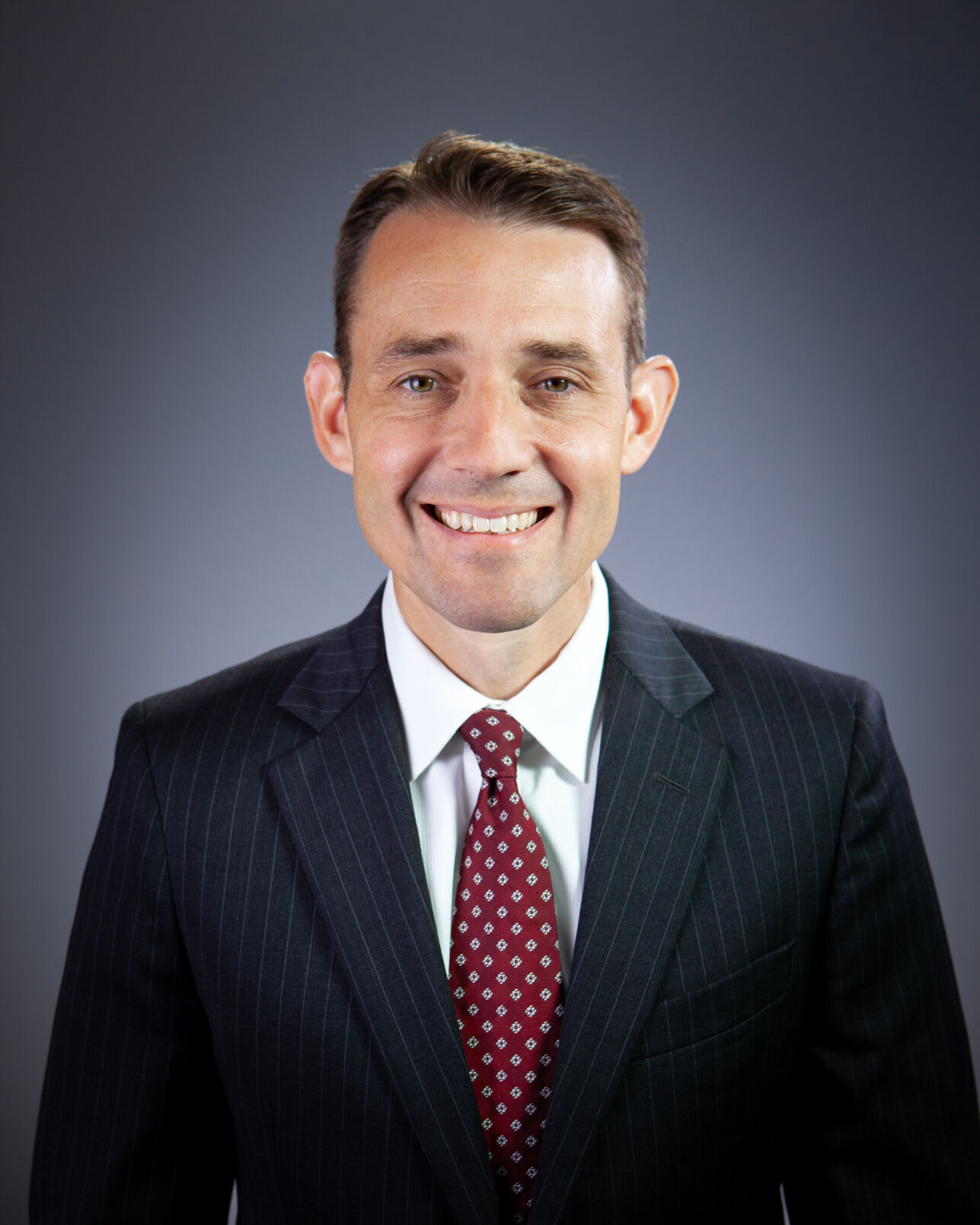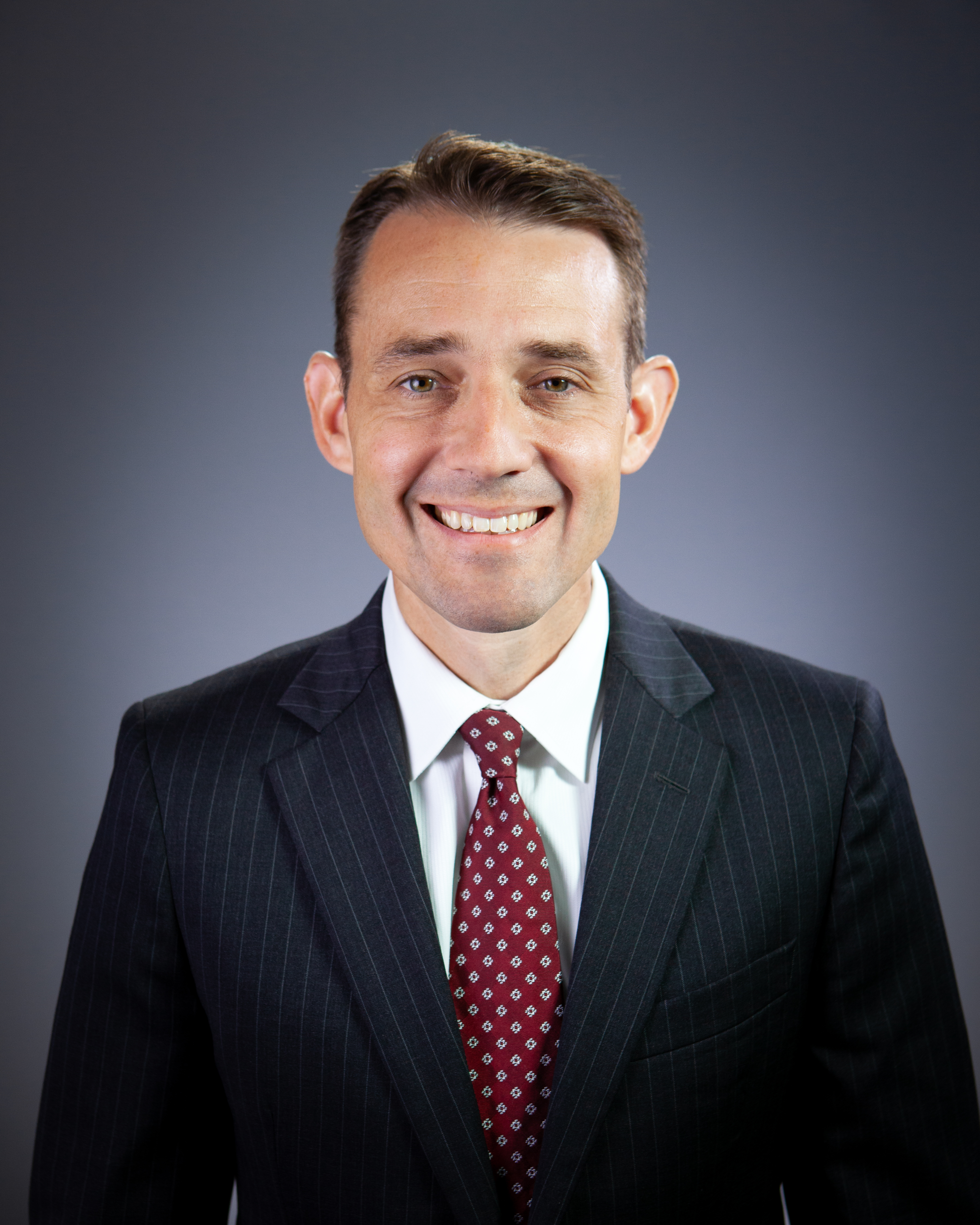Colorado lawmakers to nonprofits — swallow the state ideology, or else | OPINION


Not content to persecute creative professionals like Lorie Smith and Jack Phillips for their beliefs, lawmakers in Colorado now want to put every nonprofit in the state on notice they must toe the state’s ideological line.
House Bill 24-1124 would amend the Colorado Anti-Discrimination Act to add nonprofit organizations to the law’s definition of covered places of “public accommodation,” unless the nonprofit is a “church, synagogue, mosque, or other place that is principally used for religious purposes.” If passed, that change would clarify CADA’s reach extends to a vast number of entities, including private schools, pregnancy resource centers, women’s shelters, issue advocacy organizations and much more.
CADA bars all “public accommodations” in Colorado from withholding the “full and equal enjoyment” of goods, services or facilities from any individual or group based on a long list of factors, including sexual orientation, gender identity, or gender expression. HB 24-1124 also adds a new factor: “viewpoint,” and increases the mandatory fine for a single violation of CADA to a whopping $10,000.
Stay up to speed: Sign up for daily opinion in your inbox Monday-Friday
Colorado already tried to use CADA to punish Jack Phillips for declining to create custom cakes that express messages that directly conflict with his religious beliefs about marriage. And it threatened to do the same to Lorie Smith if she declined to create websites promoting ideas she disagreed with. In both instances, the United States Supreme Court told Colorado its strong-arm tactics violated the First Amendment.
Incredibly enough, even after winning at the U.S. Supreme Court, Phillips once again is being punished under CADA merely for exercising his faith, and his latest case will soon be heard by the Colorado Supreme Court.
If passed, HB24-1124 would explicitly empower Colorado bureaucrats to coerce nonprofit entities in the same way. Take, for instance, women’s shelters. The bill would compel such organizations to serve males who identify as female, even though they exist in large part to help women who have been victimized by men.
But things get even more bizarre with the addition of “viewpoint” as a factor nonprofits may no longer consider when deciding whom to serve. Does that mean nonprofit public interest law firms must take all comers? For instance, would pro-abortion groups like the ACLU be required to represent pro-life organizations? What about organizations devoted to the advancement of specific groups of people? Must Jewish social aid groups in Colorado provide services to anti-Semites? Must the NAACP admit white supremacists as members?
To ask these hypotheticals is to answer them. Nonprofit entities are frequently organized to advance a specific viewpoint. And often those viewpoints are contested – indeed, organizations seldom form to advance uncontested ideas. I haven’t received any solicitations of late from People for the Advancement of Round-Earth Theory.
With apologies to flat-earthers, however, the real levelers are Colorado lawmakers who think nonprofits need to dispense with holding a point of view. The concept of “viewpoint neutrality” is a concept developed under the First Amendment to prevent the state from discriminating against individuals because of the content of their speech. It subverts the concept entirely when the state tells nonprofit private entities whose very purpose is to advance a particular set of beliefs they can’t make distinctions based on viewpoint.
Nonprofit entities have long provided citizens with the means to access and participate in societal conversations about important and hotly contested issues. It would dramatically undermine that project if the government could tell nonprofits they can only participate in the public square if they do so in a viewpoint-neutral way.
Foisting these requirements on nonprofits that seek to advance specific points of view would violate not just common sense but the First Amendment as well. Unfortunately, violating fundamental rights has posed no barrier to the state of Colorado in the past. If the sponsors of HB 24-1124 have their way, Colorado will be set to triple down on its scofflaw approach to the First Amendment.
Ryan Bangert is senior vice president of strategic initiatives and special counsel to the president for Alliance Defending Freedom (@ADFLegal).












